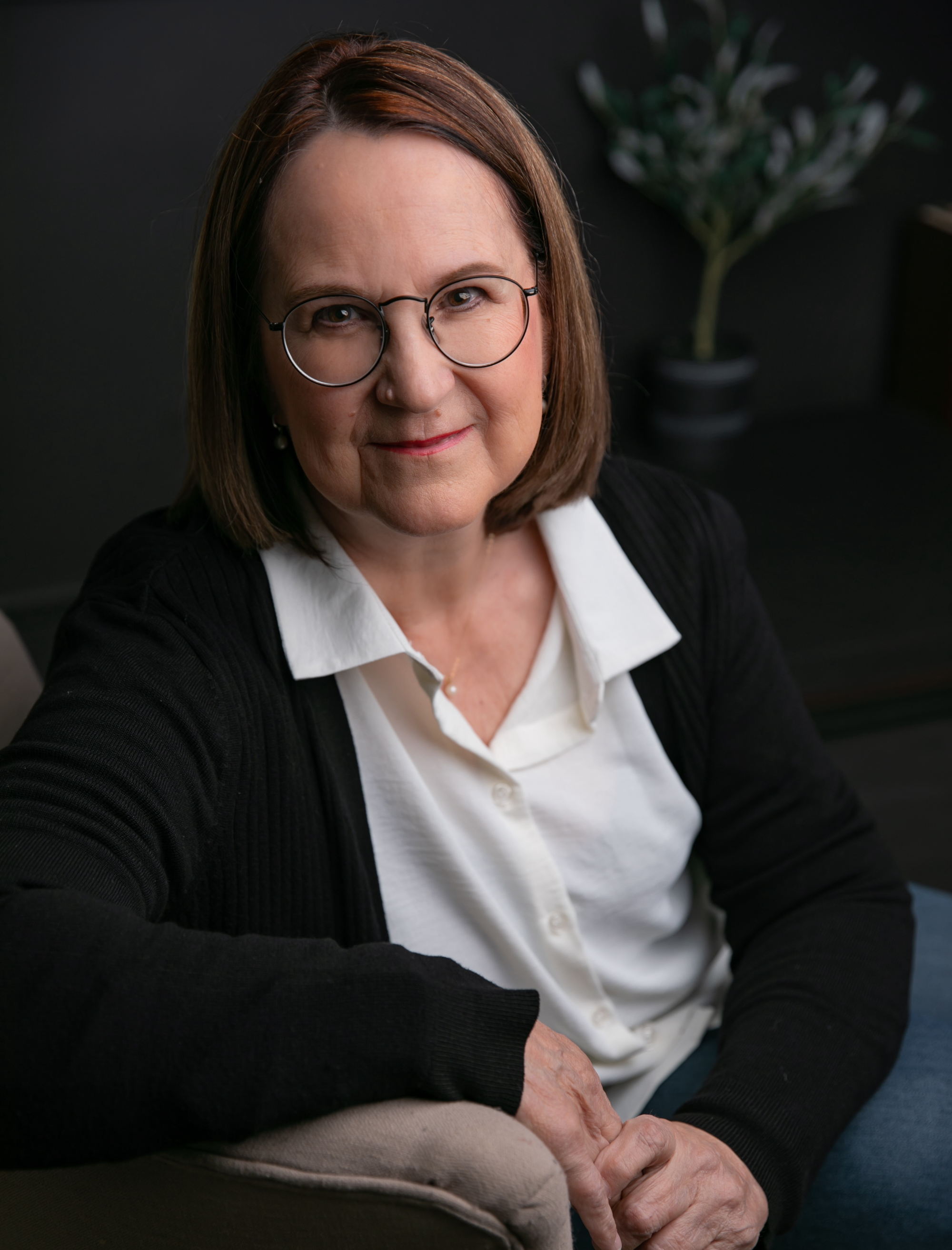"My Truest Pleasure, Amusement, and Release Come from Turning the Ordinary into the Extraordinary"
About Marianne Scott

In all the years I worked in business, I never knew I had a flair for storytelling. Being tangled in the day-to-day challenges of meeting deadlines, dollar targets, and ever tighter material delivery expectations left little time or energy for creativity.
Yet at my core, I always felt something there, a little light, lying in wait. I didn’t know how to name it, this yearning, gnawing feeling that grew inside me with every passing year.
At work, I would jokingly threaten to write a “tell-all” about my colleagues, exposing the difficult personalities and the stressful foibles of the fast-paced manufacturing industry, but in fact, I was more interested in letting my imagination run with stories of conspiracy, forbidden affairs, corporate espionage and other sundry misdoings. These stories were my solace.
Once I left the corporate world, instead of penning non-fiction tales of the unprincipled and immoral scaling the ladder of success or screwing coworkers, I gave myself over to my imagined worlds. My truest pleasure, amusement, and release soon came from turning the ordinary into the extraordinary. From this, my stories have been born.

The Story Behind The Story: How Finding Ruby Draker Was Born
It was November of 1989, and I watched my father sitting in front of our television shaking with emotion as he watched images of a crowd of people in Germany tearing down the Berlin Wall – some with their bare hands. “It’s over,” he said with his strong Polish accent, his voice strained and tears running down his face. A young teenager at the time, I remember trying to comprehend why this news event was so emotional for him. I knew he hated communists and he made no apologies for that opinion because he saw firsthand the horrors of an oppressive regime during the Second World War. That scene plays over and over in my mind and I realize that the Cold War is a lesson not easily forgotten. He never spoke of it or his role in the war, but that day, somehow the pain of his past experiences reached out and affected me in a very personal way.
Over the last several months, there have been reports of North Korea launching and testing missiles. It would seem that every time the Western powers condemn their actions or governments, another missile test takes place, actions that question whether the Cold War ever ended. Recently, Iran weighed in on the power play as Iran’s Revolutionary Guard launched several medium range ballistic missiles as part of a military exercise. Many of us lived through that era where school children engaged in practice drills in the event of a nuclear attack. Tearing down the Berlin Wall, the quintessential symbol of the Cold War signalled the end of nuclear threat. But did the threat ever end or just lay in hiding?
The danger and intrigue of the Cold War spurred a plethora of novels about the exploits of spies during a very treacherous time in our history. Today that danger has supposedly passed. We don’t think about it anymore but many of the spies that engaged in covert activity during that era are still alive today. It begs the question, “What did those spies do after the Cold War ended?” Did they go on to have families perhaps under new names and try to lead normal lives? What if the lies and secrets followed them into civilian life? It’s an interesting premise and one that author Marianne Scott explores as she wrote a new spy thriller to add to her collection. In her novel Finding Ruby, the Cold War theme prevails but the story takes places in the present. Her protagonist is a young woman caught up in exactly that kind of plight where she not only has to save her own life but the lives of other ex-spies and their families as someone with a vendetta from the past tries to kill them.